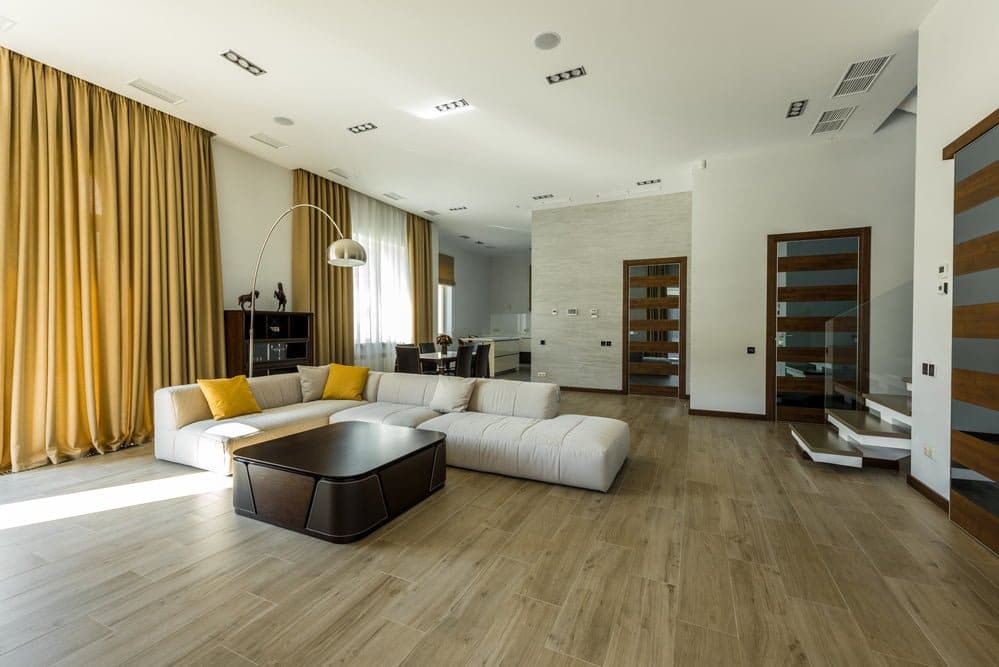As homeowners everywhere transition their spaces from the long Utah winter into the warmer season, one that can get very hot and dry, the priority turns from warming the home to cooling it down in the face of this heat. This includes ensuring all air conditioning components are well-maintained and upgraded as necessary, but it also involves assessing how various sources of heat may impact temperatures and comfort.
At Expert Services- Plumbing, Heating, Air & Electrical, our technicians are experts in this area – one some would refer to simply as “heat gain.” Through our various air conditioning repair services and other expertise, we’ll help you not only maintain a high-functioning system that keeps you and your family cool this summer, but also assist you with minimizing unnecessary heat sources that might raise your monthly utility bill. Here are some general themes to understand.
Defining and Understanding Heat Gain
The term heat gain is used to describe a broad group of sources that may cause indoor temperatures in your home to rise. The primary source here, as you may have guessed, is the sun, which produces a huge percentage of the world’s overall heat.
However, it’s important to note that other areas are also relevant here – and you may have more control over these in many cases. Things like lighting, electrical appliances, human beings and several others also put off heat.
In the summer, heat gain poses several potential risks, including discomfort in the home, high levels of stress on the air conditioner to lower temperatures, and rising utility bills as a result of that same stress. In the winter, on the other hand? Heat gain may actually be beneficial in some areas, especially in terms of natural sunlight, for keeping the home warm and lowering your bill.
Reducing Heat Gain Risks
Here are some simple areas to consider as you’re looking to minimize the effects of heat gain during the upcoming summer:
- Sun blockers: Wherever possible, look for ways to keep natural sunlight from entering the home and warming it up too much. Outside the home, this often involves planting bushes, shrubs, trees and other vegetation to provide shade, or even installing a trellis or pergola. You also might consider adding a reflective coating on your roof, which can’t be blocked as easily. Inside, it means using curtains, awnings and other window treatments properly to keep things cool.
- Insulation and sealing: Ensure your attic and other areas of the home are properly insulated and sealed, which will stop heat from leaving the home on its own.
- Lights and electronics: Turn off all lights and electronics that aren’t in use, stopping them from spreading heat.
- Large appliances: During the hottest summer months, you might consider only using heat-generating appliances like ovens, dishwashers and clothes dryers during the early morning or evening, when the sun isn’t beating down quite as heavily.
For more on heat gain and how to prevent it in your home during summer, or to learn about any of our plumbing or HVAC services, speak to the staff at Expert Services- Plumbing, Heating, Air & Electrical today.
